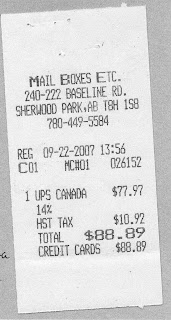We need a new definition of "democracy". Around the world today we hear of pro-democracy movements, of a democratic deficit, of promises by political parties to "restore democracy". These uses of "democracy" are varied and tired. However, they all resonate to some degree because of a wide spread hunger for greater respect for the inherent worth of each individual. While the demands are often framed as addressing a need for broader access into the power structures of institutions, organizations and society generally; they are all really saying that all individuals should matter, that no one should be ignored, or dismissed, or treated as though they are only an inconsequential cog in a machine manipulated for the self-satisfaction of some arrogant elite.
Therefore, let the new definition of "democracy" be: "a society which recognizes, celebrates, and protects the inherent value of each individual." In order to achieve such a society, we need revolutionary changes to our political and societal institutions. We need to rethink and reinvent society as a necessary means to free the human spirit and raise the level of both individual and group consciousness.
In discussion some of these themes, Professor Fouad Ajami recently compared the "Arab Revolution of 2011" with The Year of Revolutions in Europe (1848).[1] That outburst contained numerous demands from liberals of that era for greater access to the instruments of power through the adoption of written constitutions and the implementation of parliaments with a broad electorate choosing legislative assemblies that supposedly would control executive branches of government. In large measure, we are still stuck with these mid-19th century institutions. It must be admitted, though, that parliaments are now hollow shells, composed of what former Canadian Prime Minister Pierre Trudeau termed “nobodies”, easily outmanoeuvred, when they are not simply ignored, by executives which are increasingly dominated by presidential figures wielding arbitrary power. Examples range from United States’ presidents declaring war without reference to Congress to the vast array of dictators around the world who operate on the premise that their country is their personal fiefdom whose main purpose is to enrich them and their small inner circles.
